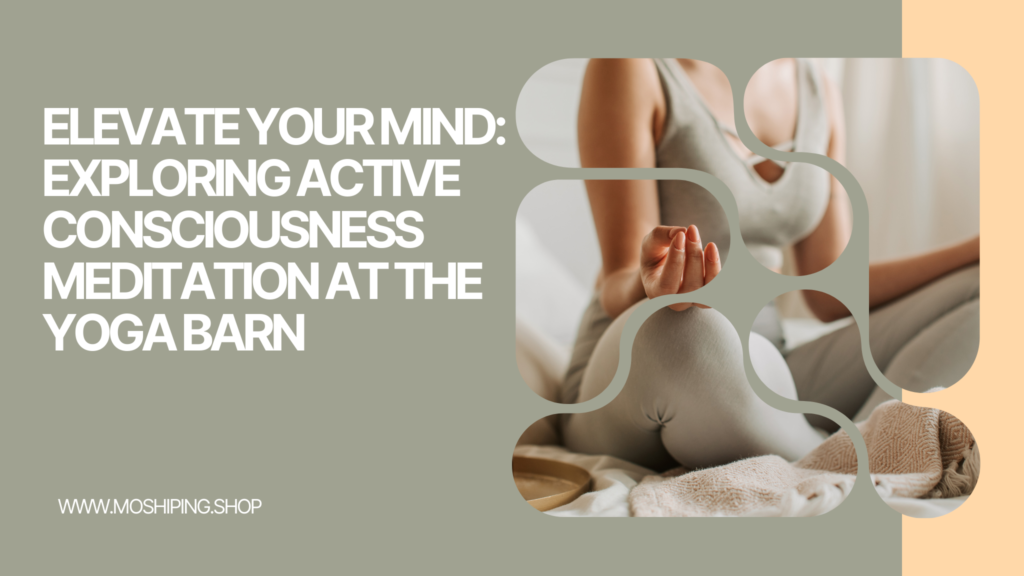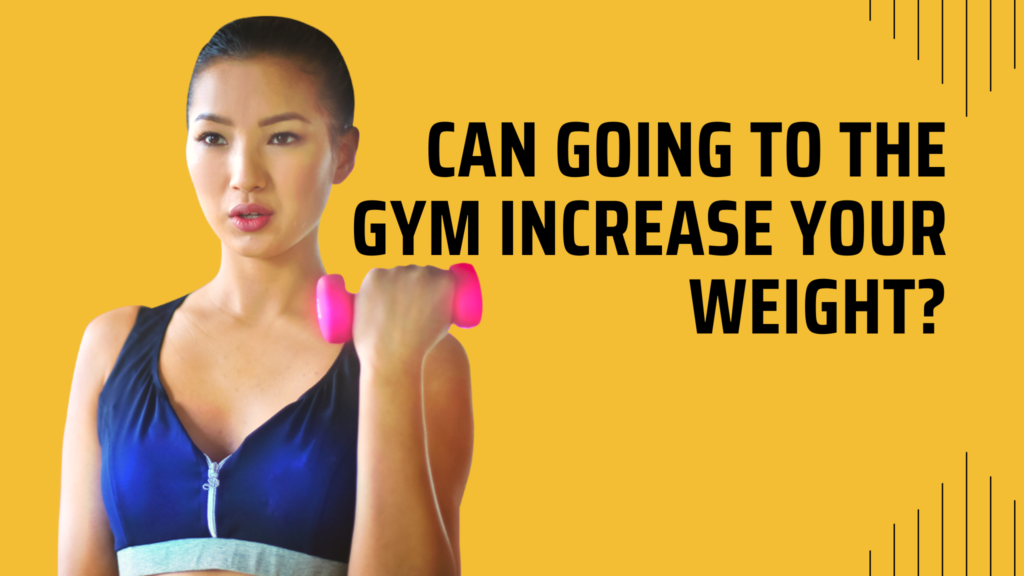Introduction
Have you ever wondered why some people seem incredibly energetic at the gym while others are dragging their feet? The secret often lies in timing. It turns out that the time of day when you choose to work out can significantly impact your performance, mood, and even your long-term fitness goals. In this blog post, we’ll explore the best times to go to the gym, based on different factors like body rhythm, energy levels, and personal goals.
Morning Workouts: Rise and Shine
Boost Your Metabolism
One of the most celebrated benefits of morning workouts is the potential to kickstart your metabolism. Exercising early can help you burn more calories throughout the day.
- Increased Alertness: Morning workouts promote the release of endorphins, dopamine, and serotonin, which enhance your mood and energy levels.
- Consistency: Getting your workout done first thing in the morning ensures that you won’t skip it due to unforeseen distractions during the day.
“Studies suggest that people who exercise in the morning are more consistent with their workout routines.” – Source
Downsides to Consider
- Lower Flexibility: Your body might feel stiffer in the morning, making warm-ups crucial to avoid injuries.
- Sleep Deprivation: For night owls, adjusting to early morning workouts can be challenging and might even lead to sleep deprivation if not done correctly.
Afternoon and Evening Workouts: Power Up Your Day
Optimal Performance
Your body temperature is at its highest in the late afternoon, which is ideal for muscle function and strength.
- Enhanced Strength and Endurance: Studies show that performance in strength exerciseshttps://moshiping.shop/elevate-your-mind-exploring-active-consciousness-meditation-at-the-yoga-barn/ like weight lifting tends to be better later in the day.
- Lower Injury Risk: Warmer body temperatures in the afternoon make your muscles more flexible and less prone to injury.
Social and Mental Benefits
Evening workouts can act as a great stress reliever after a long day. It’s also a fantastic social opportunity if you prefer group classes or gym meet-ups.
“The gym can be a great way to unwind after work while also building a sense of community.” – Dr. Jane Doe, Fitness Psychologist
Downsides to Consider
- Crowded Gyms: Peak hours usually fall in the late afternoon and evening, which might lead to longer wait times for equipment.
- Potential for Disruption: Evening plans and social events can sometimes get in the way of your scheduled gym time.
Listen to Your Circadian Rhythms
Your natural circadian rhythm plays a crucial role in determining your peak exercise time. Here’s how you can tune into it:
Morning Larks
If you naturally wake up early and feel most energetic in the morning, then morning workouts could be ideal for you.
Night Owls
If you perform better and feel more alert as the day progresses, afternoon or evening workouts might be more beneficial.
“Respecting your natural rhythms can help you maintain consistency and enjoy your workouts more.” – Verywell Fit
Tailor to Your Goals
Depending on what you’re looking to achieve, the timing of your workout can vary:
Weight Loss
Morning workouts are often recommended for weight loss due to their metabolism-boosting benefits.
Muscle Gain
Afternoon and evening workouts might be more effective for muscle gain due to optimal hormone levels and enhanced performance.
Conclusion
There isn’t a one-size-fits-all answer when it comes to the best time to go to the gym. Instead, it’s about identifying when you feel most energized and motivated. Whether you’re an early bird or a night owl, the best time for you to work out is when you can do so consistently and enjoyably.
So, take a moment to observe your body’s natural rhythm and consider your personal goals. Experiment with different times to find what works best for you, and above all, listen to your body. Happy gym-going!
For more insights on optimizing your workouts, check out our other articles or connect with us on social media. (Internal Link & External Links could be added here).


